This northern Gaza Strip city has become the focus of Israel's attack, after the government pledged to completely destroy the Hamas command structure and advised residents to evacuate to the South.
“We are reaching the climax of the war,” Prime Minister Benjamin Netanyahu said in a statement. “We have had incredible successes and have penetrated the outskirts of Gaza City. We are advancing.”
Amid the bombardment in Gaza, Israeli military spokesman Rear Admiral Daniel Hagari said troops “have achieved their objective of encircling Gaza City, a hotbed of the Hamas terrorist organization.”
Brigadier General Iddo Mizrahi, head of the Israeli military engineers, said soldiers were dealing with mines and booby traps.
“Hamas has done careful research and preparation.”
Abu Ubaida, a spokesman for the Hamas military wing, said in a televised speech on Thursday that the number of Israeli casualties in Gaza was much higher than the Israeli army had reported. “Your soldiers will return home in body bags,” he said.
Israel says 18 soldiers have been killed and dozens of militants have been killed since the ground operation began last Friday.
Local residents and videos from both Hamas and Islamic Jihad showed gunmen emerging from tunnels to open fire on tanks, before retreating back into the tunnels.
In a Hamas video, a gunman appears in a field in Gaza and plants explosives on a tank. The gunman is equipped with a body camera to film the incident and an explosion can be heard in the video as the gunman runs toward the tunnel and fires an anti-tank missile at the tank.
Palestinian civilians continue to face shortages of food, fuel, water and medicine.
“Water is being used as a weapon of war,” said Juliette Touma, a spokeswoman for UNRWA, the UN agency working for Palestinian refugees.
The White House is looking for ways to temporarily stop the war.
The White House said on Thursday it was considering some form of temporary truce in the Israel-Hamas conflict to allow civilians to leave Gaza safely and allow humanitarian aid to reach the area, but reiterated its opposition to a comprehensive ceasefire.
US Secretary of State Antony Blinken has arrived in the Middle East after saying he would discuss concrete decisions to minimise harm to the people of Gaza.
In meetings with Israel and Jordan, Mr. Blinken said he would discuss the future of Gaza and lay the foundations for a Palestinian state.
The new war in the decades-old conflict erupted after Hamas militants crossed the border into Israel on October 7. Israel claims 1,400 people were killed, mostly civilians, and 240 were taken hostage, making it the bloodiest event in the country's 75-year history.
Gaza health authorities said the subsequent Israeli bombings killed at least 9,061 people.
In Geneva, a group of seven UN special rapporteurs, who are independent experts on human rights, issued a statement calling for a ceasefire and asserting that Palestinians are “facing the risk of genocide”.
Israel’s ambassador to the UN in Geneva described the comments as “deplorable and disturbing” and accused Hamas of being responsible for civilian casualties. Israel insists it is targeting Hamas and has accused the group of deliberately hiding in population centres.
UN human rights chief Volker Turk has said Israel’s “siege” is a violation of international law and on Wednesday his office said Israeli air strikes on Gaza’s largest refugee camp could amount to a war crime.
In Washington, the US House of Representatives on Thursday passed a Republican plan to provide $14.3 billion in aid to Israel despite Democrats insisting the plan has no future in the Senate and the White House promising a veto.
The plan passed with 226 votes in favor out of 422, supported mainly by fellow Republicans and opposed by most Democrats.
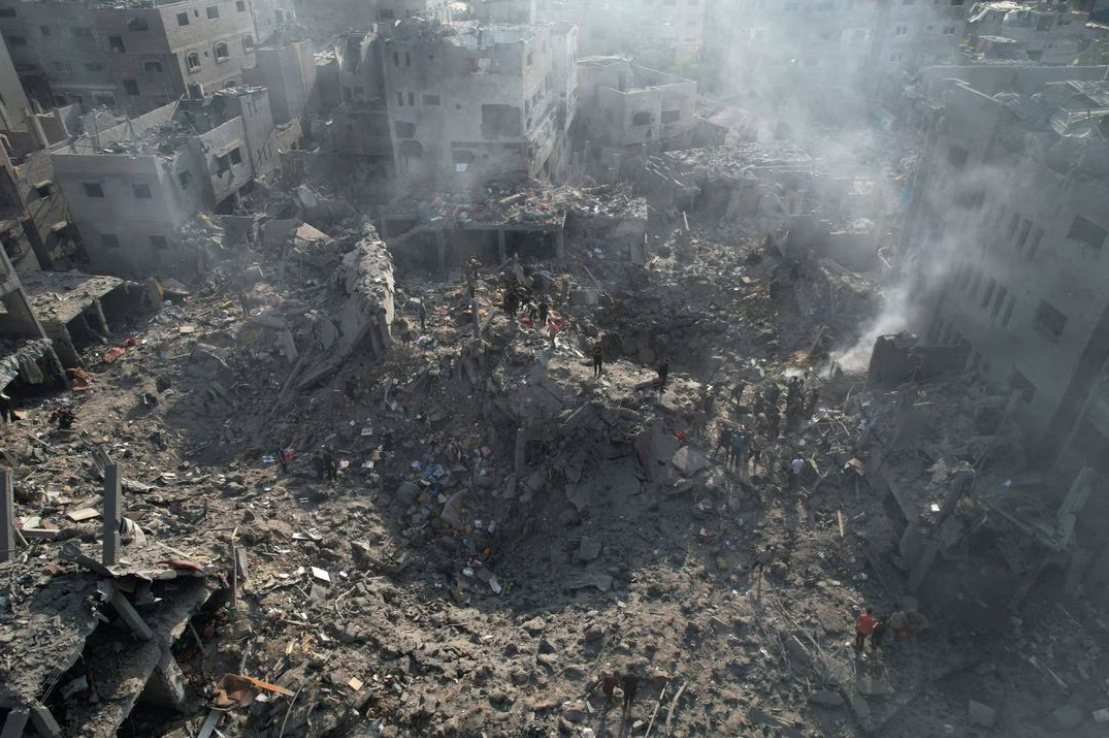
Photo: REUTERS/Mohammed Fayq Abu Mostafa.
The Rafah crossing between Gaza and Egypt was opened for a limited time for the second day in a row on Thursday, under a Qatar-brokered deal to allow foreign passport holders, their dependents and some wounded Gazans to leave the enclave.
Palestinian border official Wael Abu Mehsen said 400 foreigners would enter Egypt via the Rafah crossing on Thursday, after 320 had already crossed the crossing on Wednesday.
Dozens of seriously injured Palestinians were also taken through the crossing. Israel has asked other countries to send medical ships to treat them.
“I want to be allowed to enter the country,” said Ghada el-Saka, an Egyptian in Rafah who was waiting to be allowed to return home after visiting relatives. “We are not animals. We have seen death with our own eyes.” She described an airstrike near her relatives’ home that left them and their daughter living on the streets.
In Khan Younis in southern Gaza, nine-year-old Rafif Abu Ziyada said he had to drink dirty water that gave him stomachaches and headaches.
“There is no fuel to cook, no clean water, and we cannot eat properly. We are getting sick. There is garbage everywhere and the whole area is very polluted.”
More than a third of Gaza's 35 hospitals have ceased functioning, and many have become makeshift refugee camps.
The charity Medical Aid for Palestine described crowded corridors and many medical staff who had also lost loved ones and homes: “The current situation is worse than a disaster.”
Nguyen Quang Minh (according to Reuters)
Source





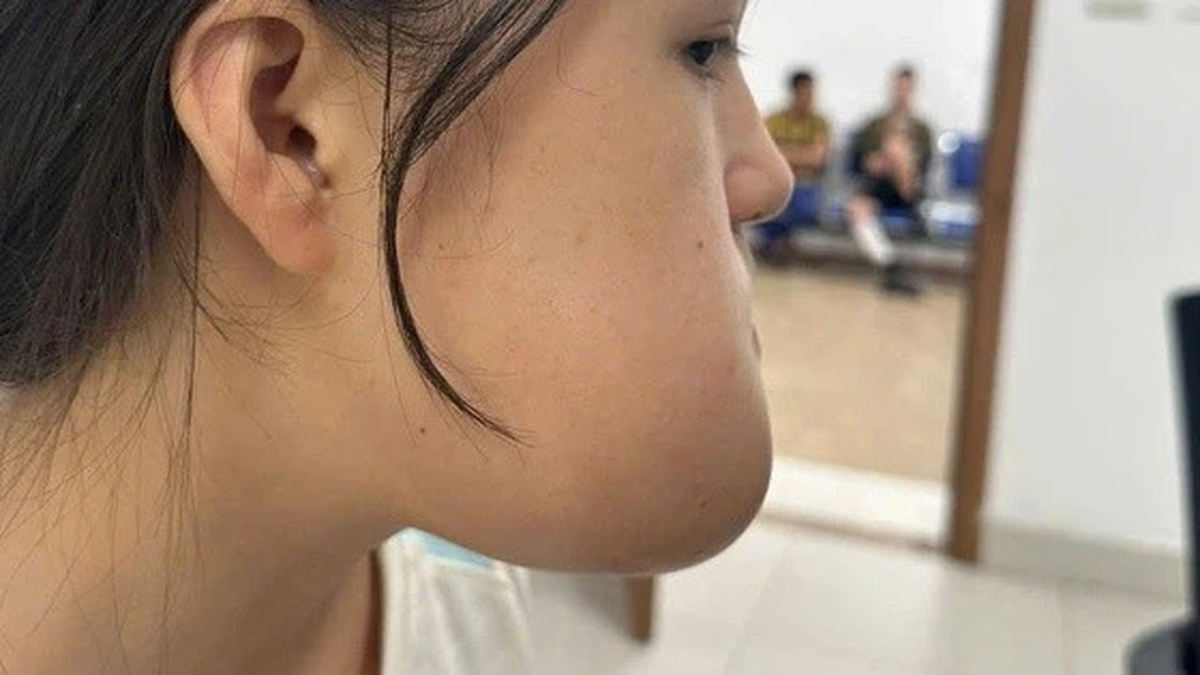




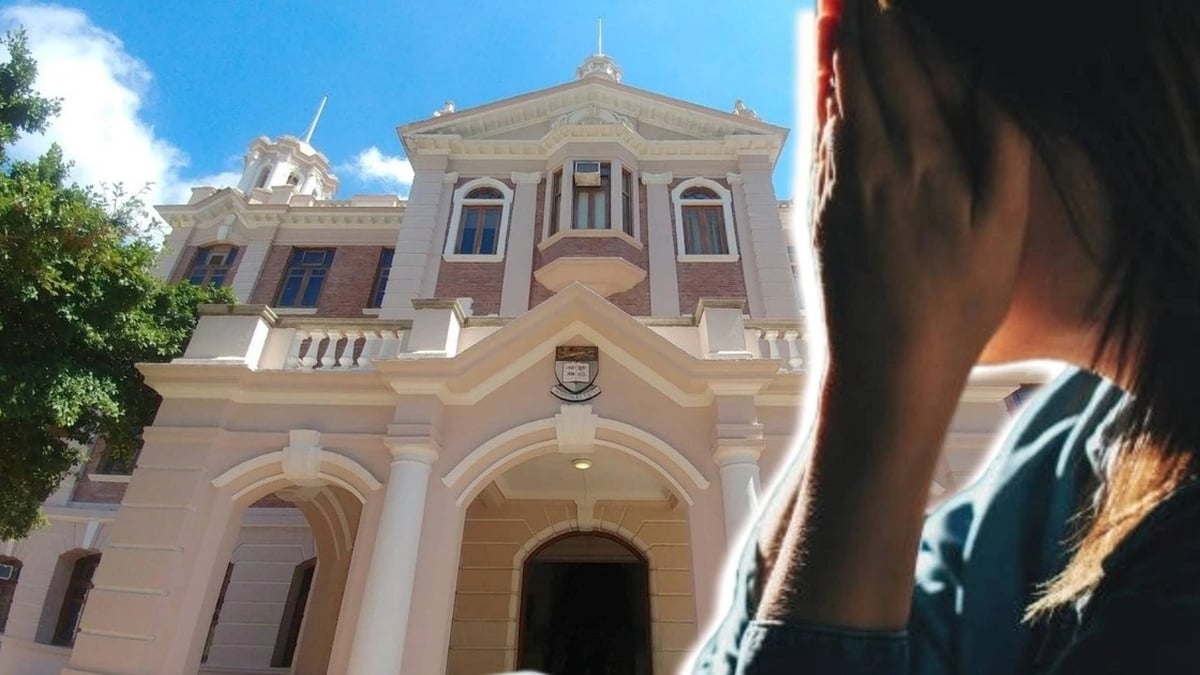












![[Photo] National Assembly Chairman attends the seminar "Building and operating an international financial center and recommendations for Vietnam"](https://vphoto.vietnam.vn/thumb/1200x675/vietnam/resource/IMAGE/2025/7/28/76393436936e457db31ec84433289f72)





























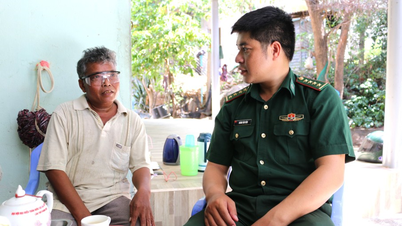

![[Maritime News] Container shipping faces overcapacity that will last until 2028](https://vphoto.vietnam.vn/thumb/402x226/vietnam/resource/IMAGE/2025/7/30/6d35cbc6b0f643fd97f8aa2e9bc87aea)













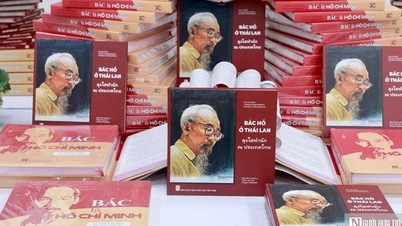


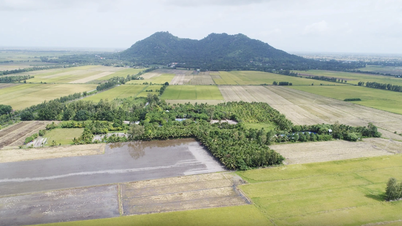


























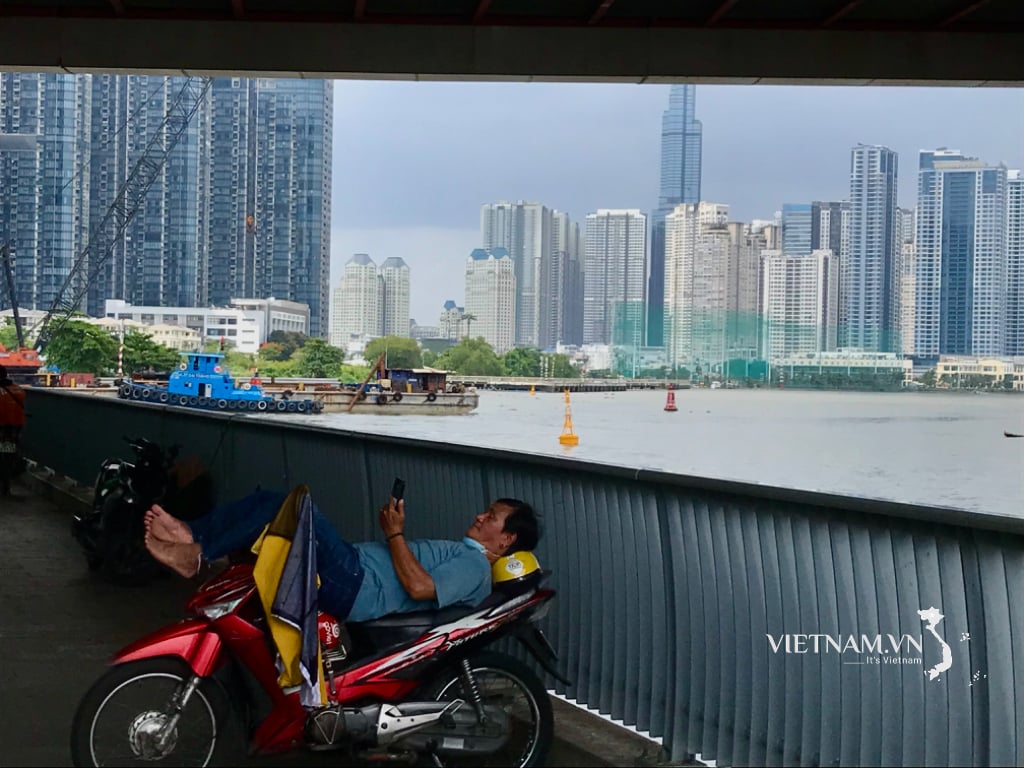


Comment (0)